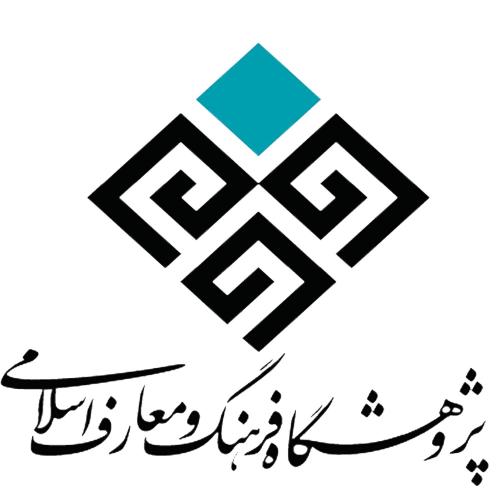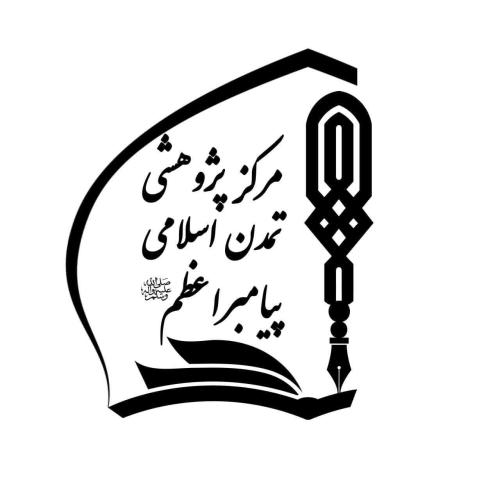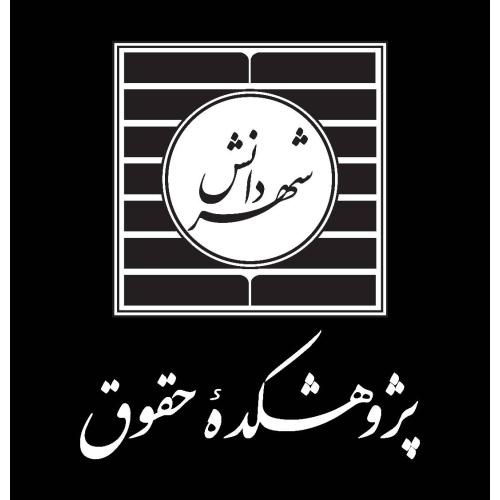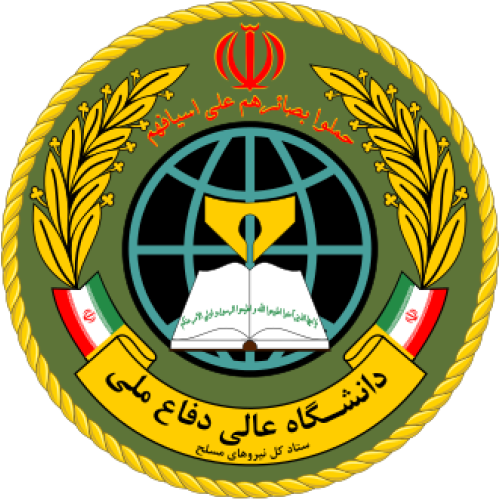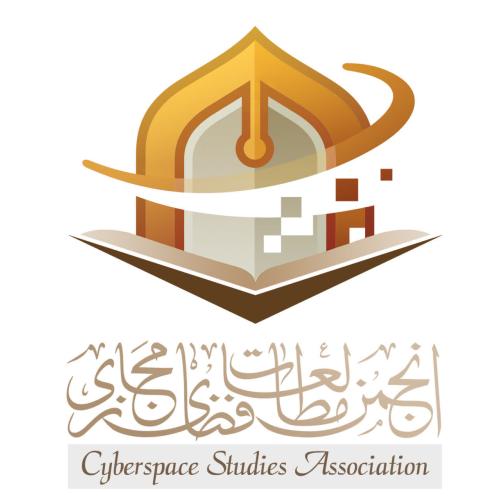-
1. مفهوم، مبانی و چارچوبهای حقوق ملت و آزادیهای مشروع در نظام جمهوری اسلامی ایران و مقایسه آن با سایر نظامهای حقوقی
-
2. سازکارها و الزامات تأمین و تضمین حقوق ملت و آزادیهای مشروع
-
3. دستاوردهای نظام جمهوری اسلامی ایران در زمینه حقوق ملت و آزادیهای مشروع
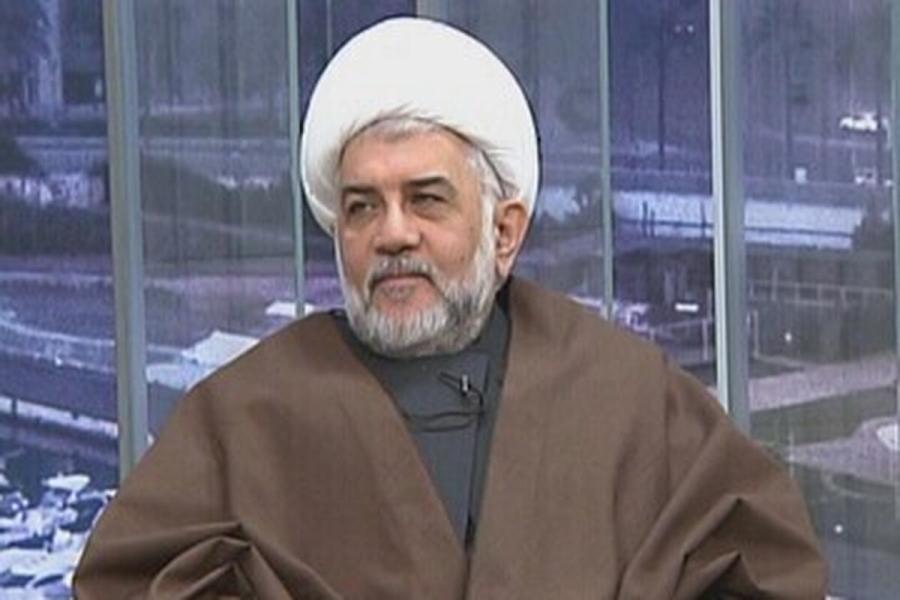
Tehran – A Lebanese scholar and cleric described the Islamic Republic of Iran as a “model of governance, freedom, justice, human values, and ethics”.
"The Islamic Revolution of Iran is a unique phenomenon with no parallel in history, except perhaps in the era of the reappearance of Imam Mahdi (may Allah hasten his glad advent), when this divine trust will be delivered to its rightful custodian,” Sheikh Hossein Ghebris, a Lebanese Islamic scholar, told the International Committee of “Humanity and Freedom” conference scheduled to be held in Tehran on December 3, 2025.
He added, “When examining people's rights and legitimate freedoms within the intellectual framework of Ayatollah Khamenei, a comparison with other revolutions and liberation movements worldwide reveals that the Islamic Republic of Iran, after more than four decades, has presented an exceptional and unparalleled model. The efforts of Imam Khomeini (RA), the late founder of this movement, charted a clear path for the future of the Islamic Ummah, and today, the Supreme Leader, as his worthy successor, continues this path with authority.”
“Today, the Islamic Republic of Iran stands as a model of governance, freedom, justice, human values, and ethics, achieving remarkable advancements in technology, medicine, science, and humanities. Within this system, the rights of the Iranian people, including religious and ethnic minorities, are guaranteed. Contrary to hostile media propaganda, followers of different religions and sects in Iran not only enjoy full citizenship rights but also live in security and peace under the Islamic system.”
Another shining achievement of the Islamic Revolution, Sheikh Ghebris said, is the elevated status and role of women in Iranian society. Unlike many countries, particularly some Arab and Islamic nations where women are deprived of basic rights, the Islamic Republic of Iran has provided vast opportunities for women’s growth and progress.
“Today, Iranian women actively participate in managerial, political, scientific, and cultural fields, with Islamic hijab never being an obstacle to their advancement.”

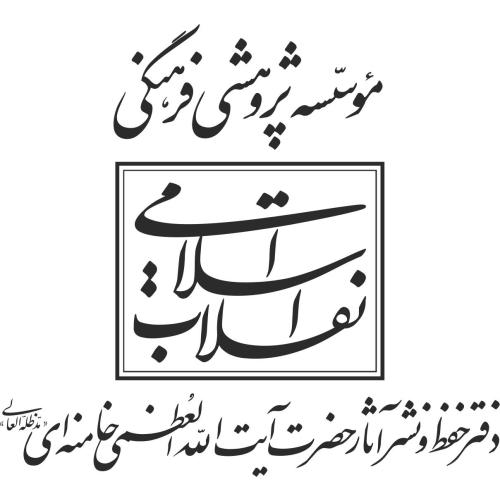
.png)
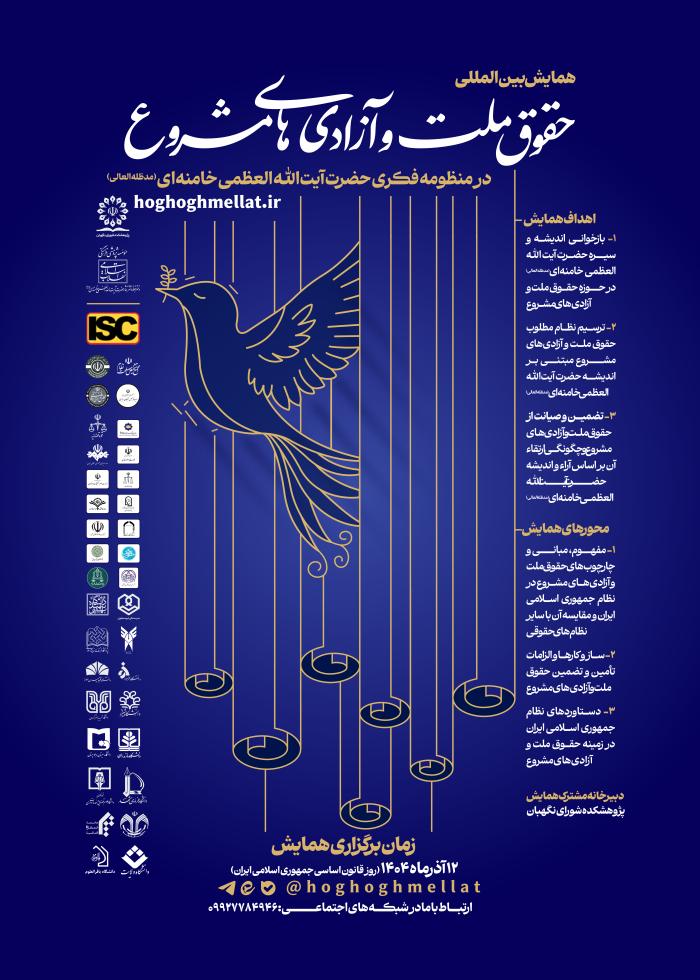
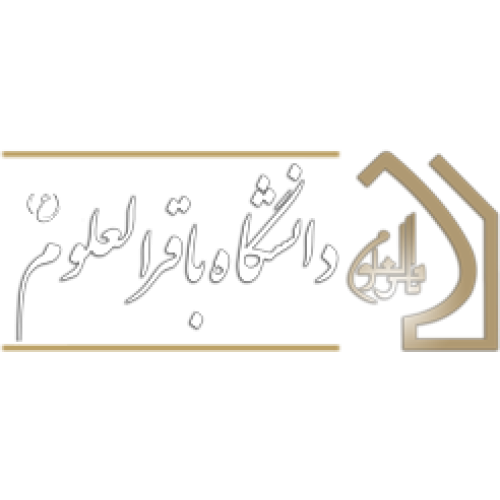
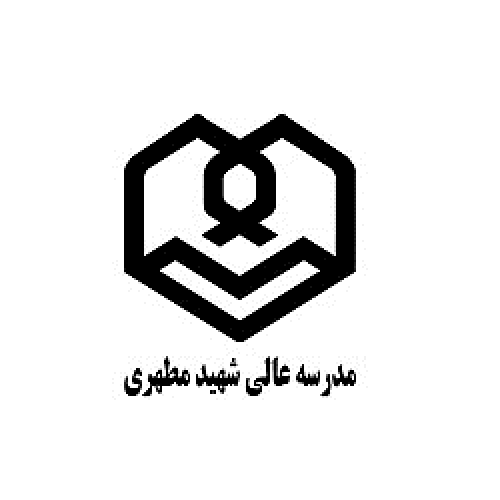
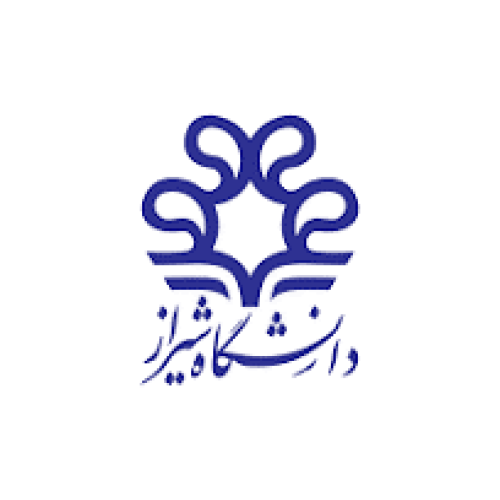
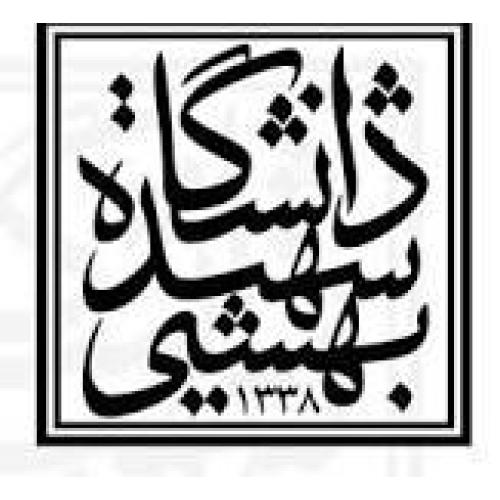
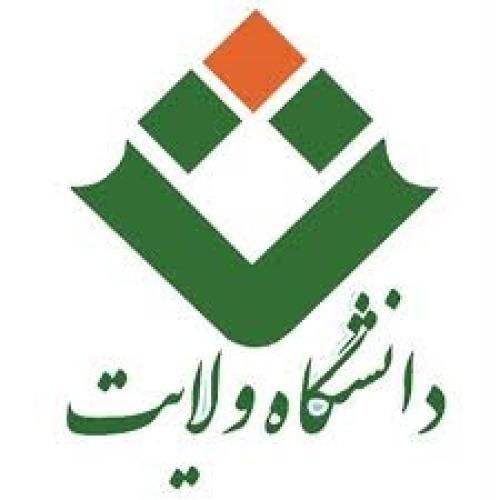
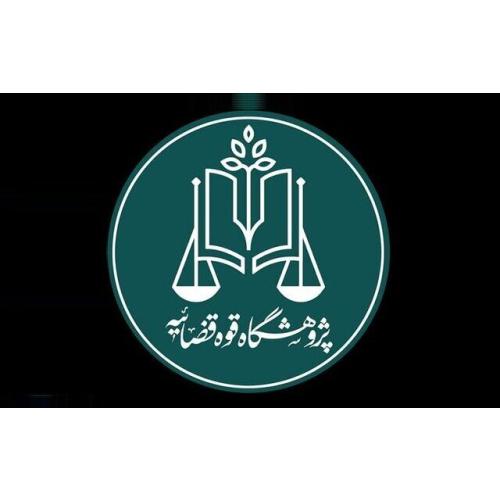
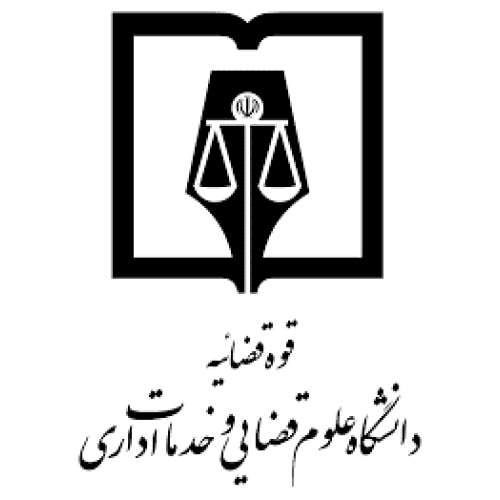
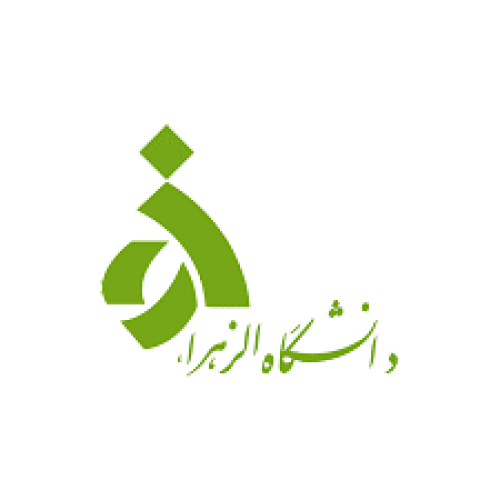
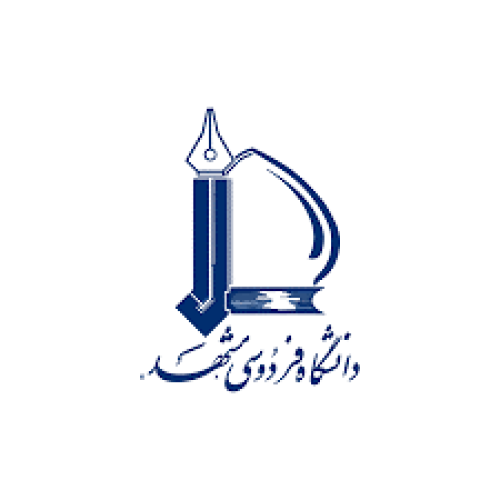
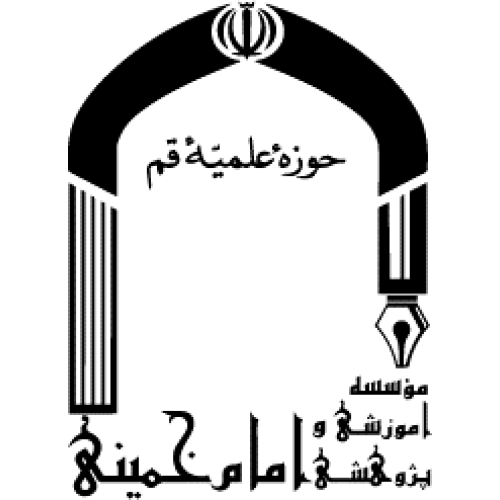
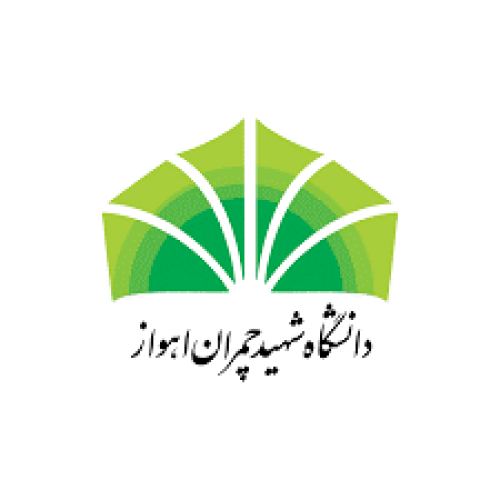
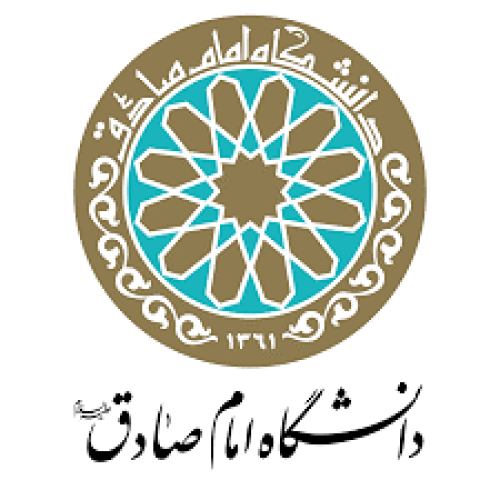
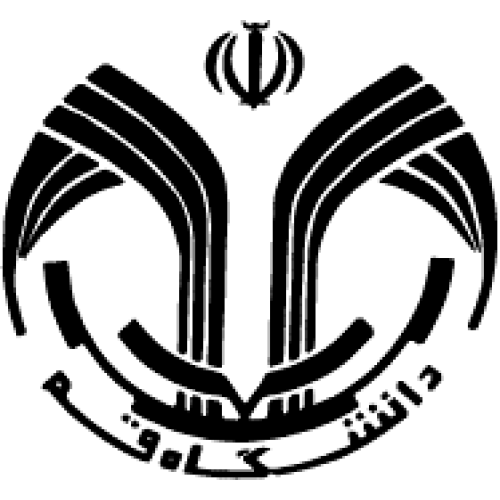
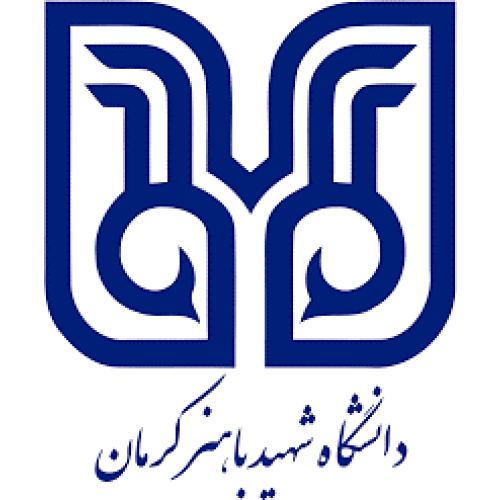
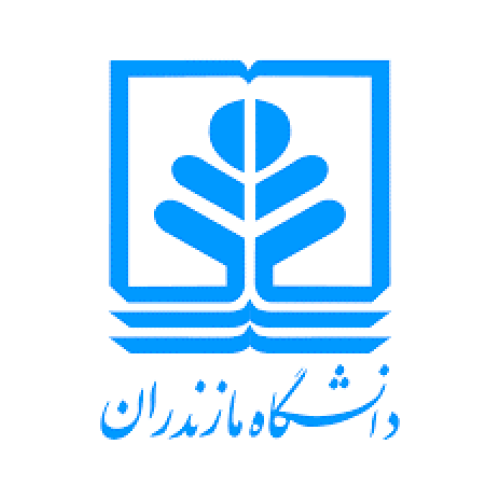
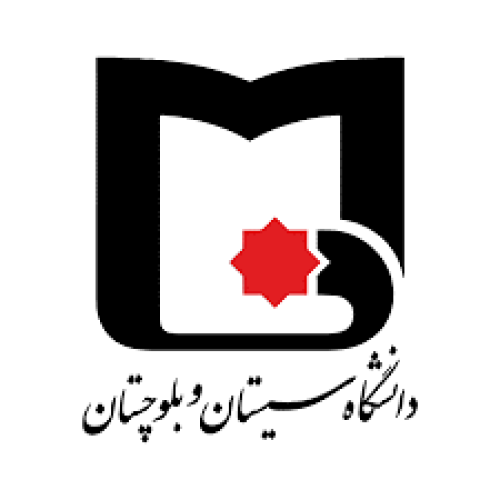
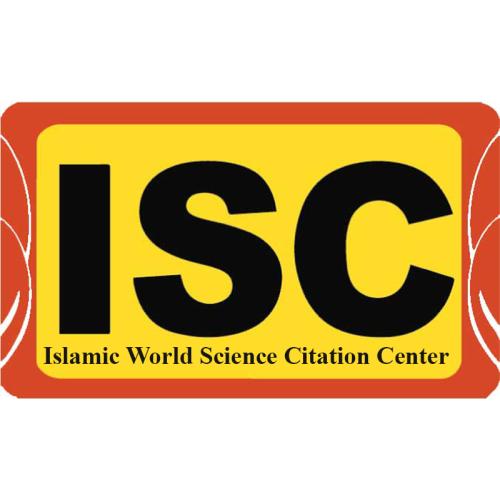
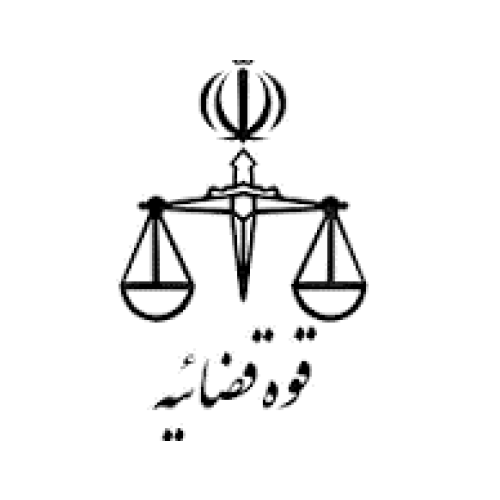
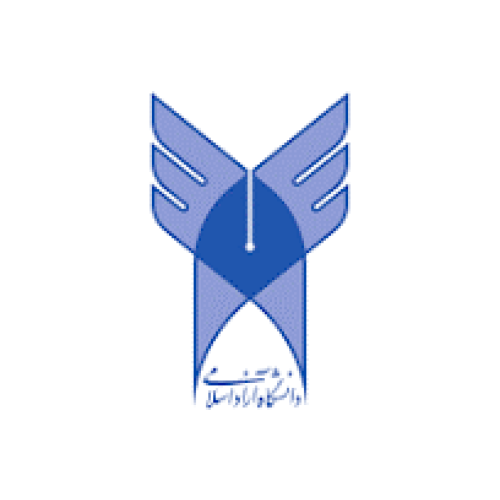
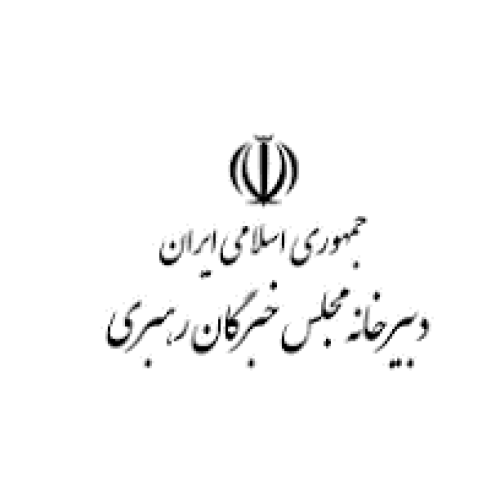
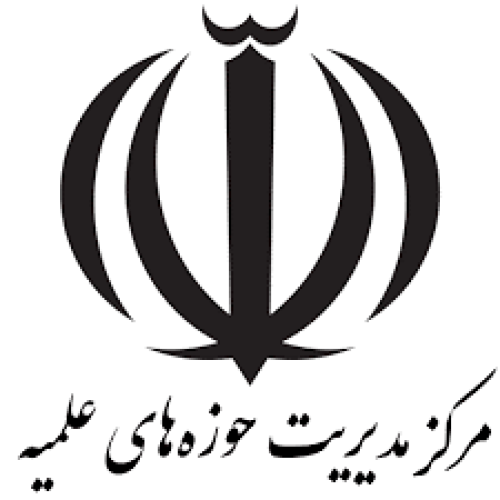
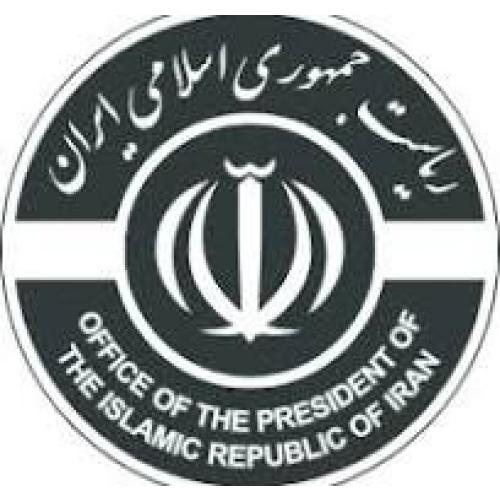
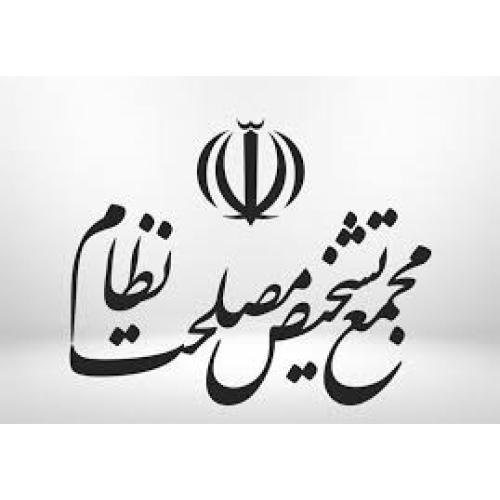
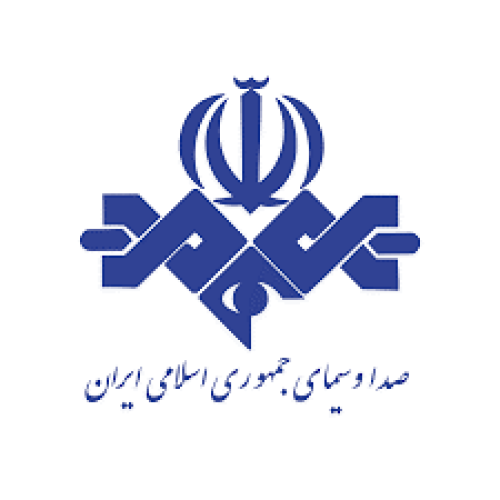
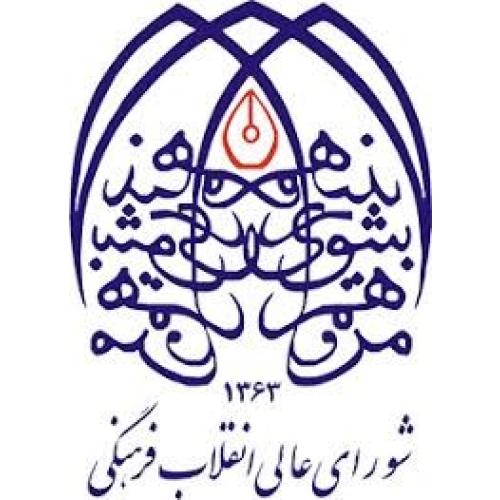
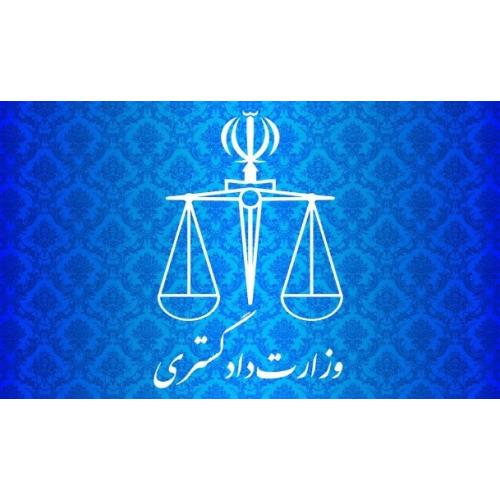
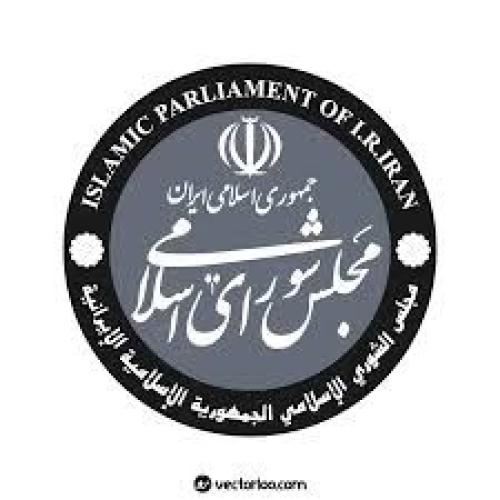
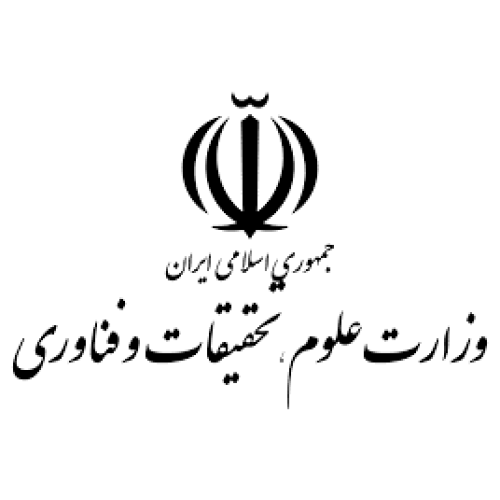
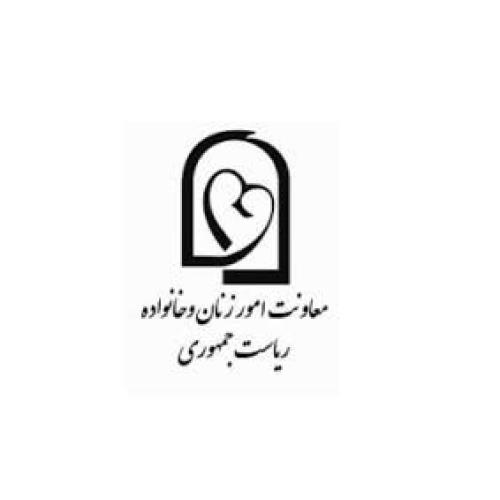
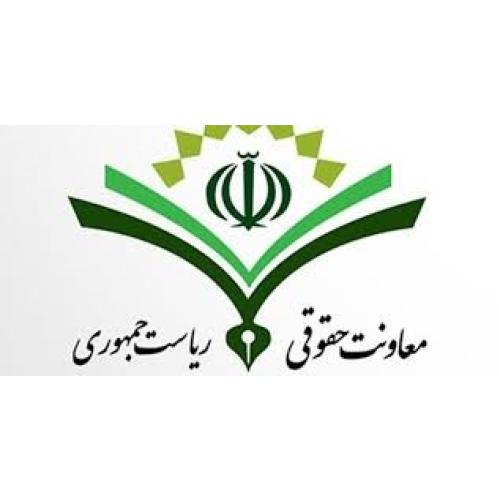
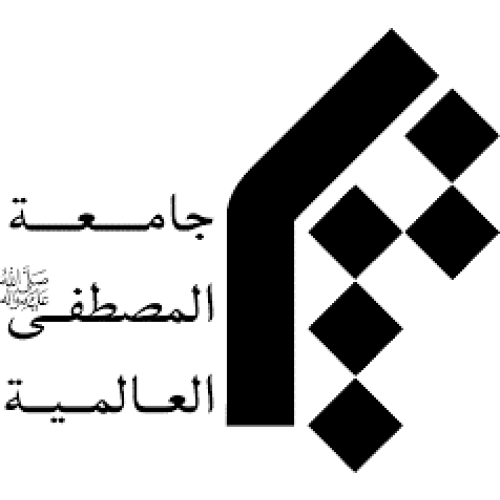
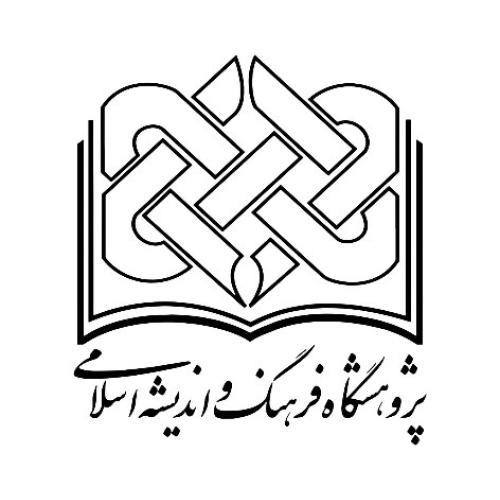
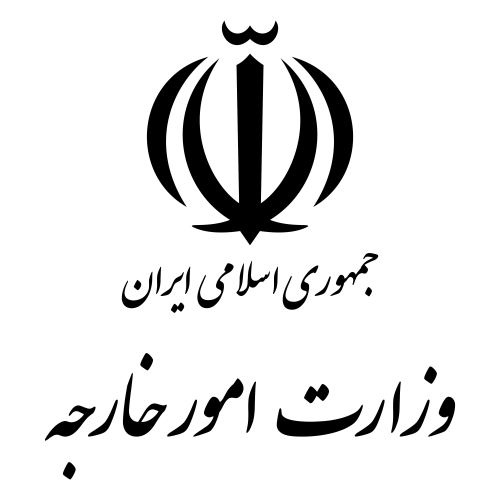
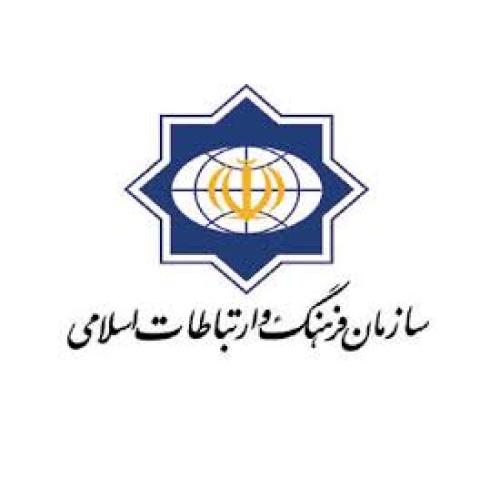
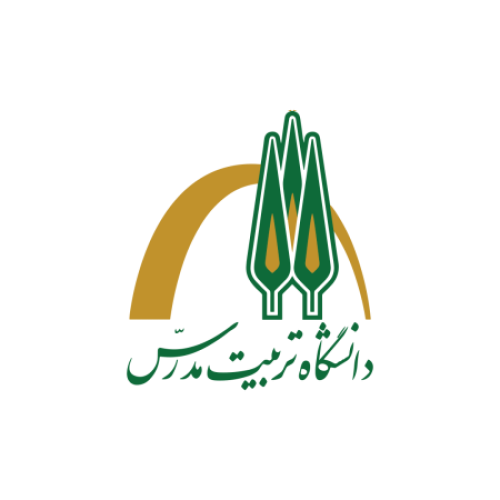
.png)
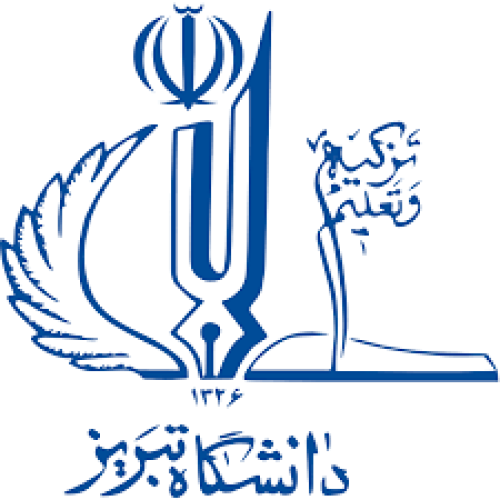
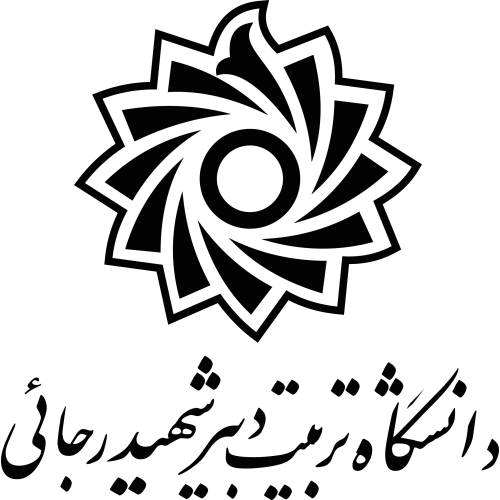
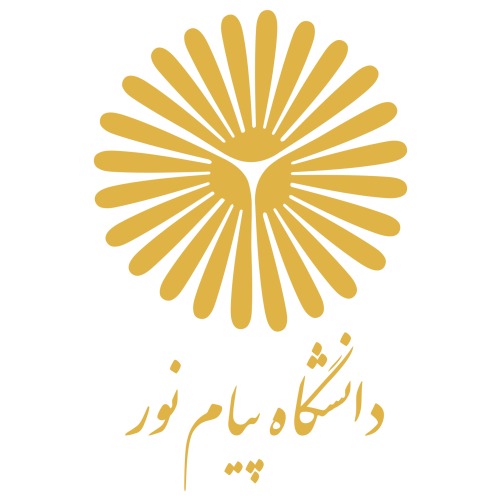
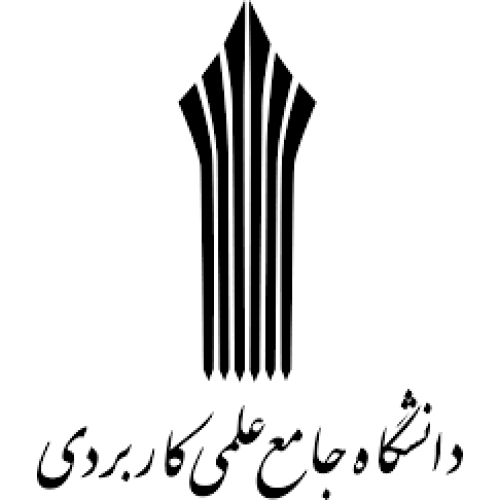
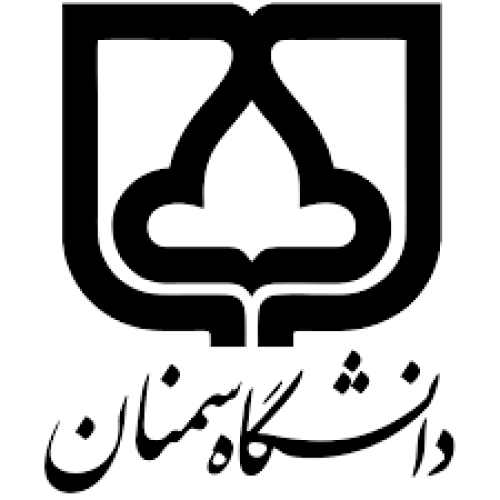
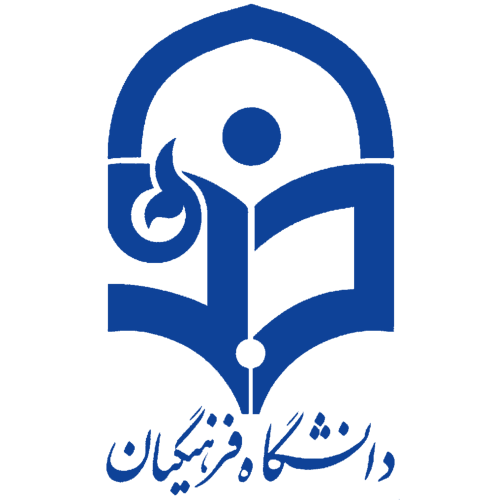
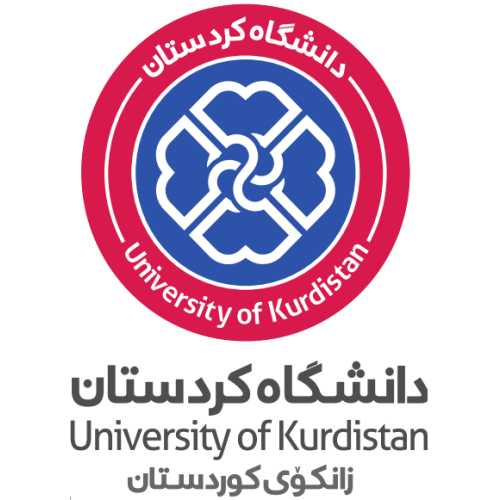
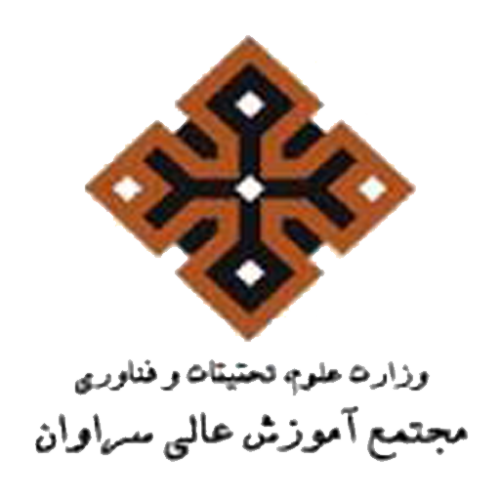
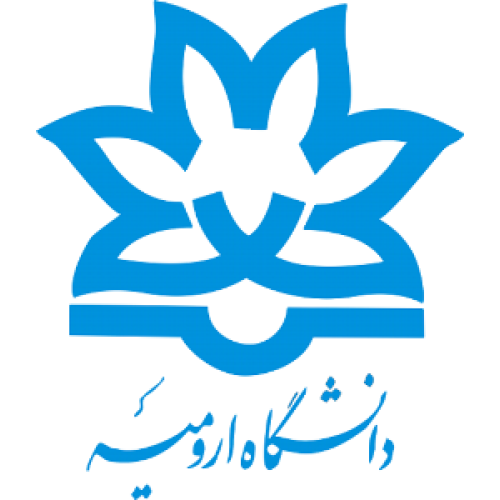
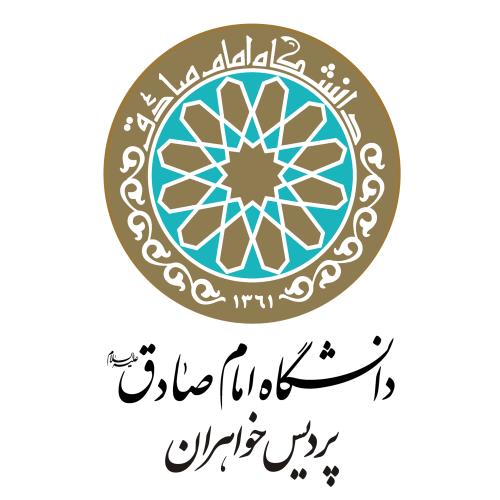
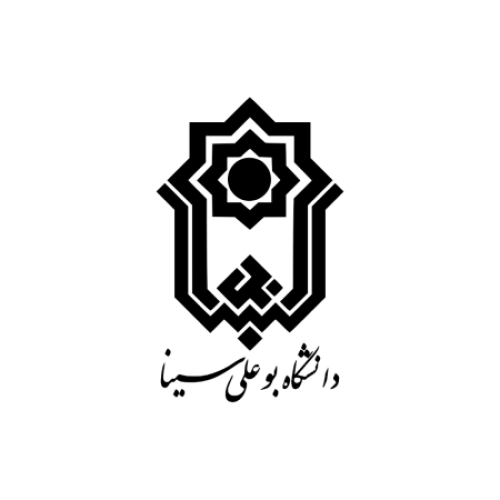
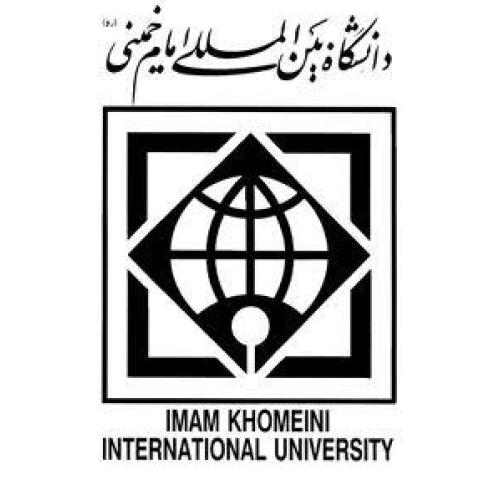
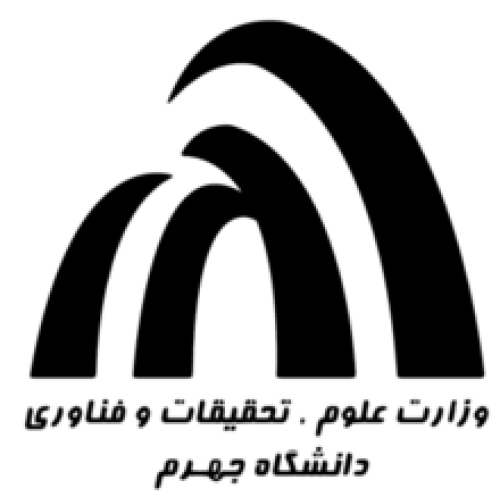
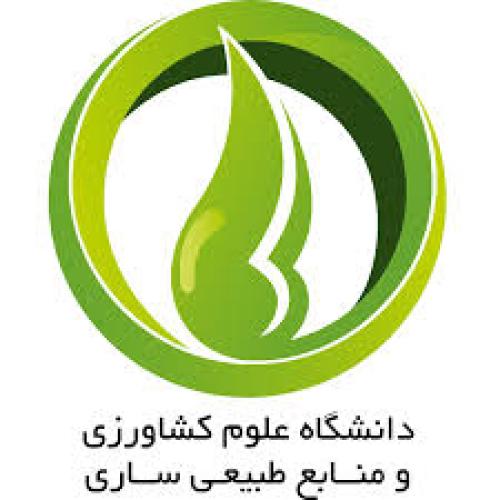
.png)
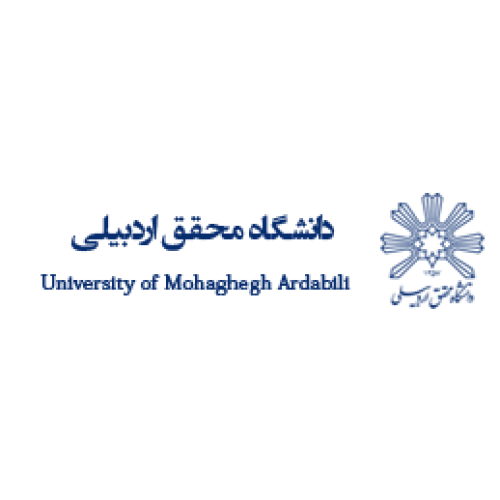
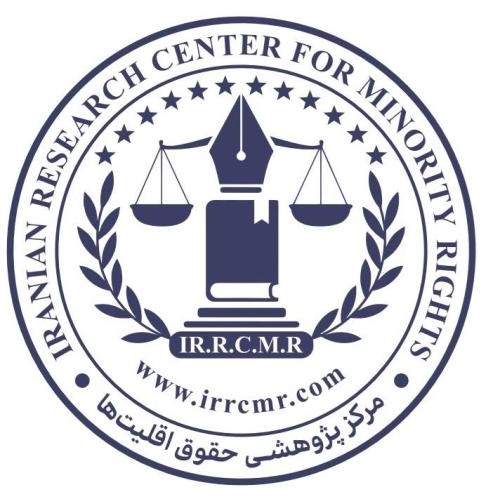
.jpg)
